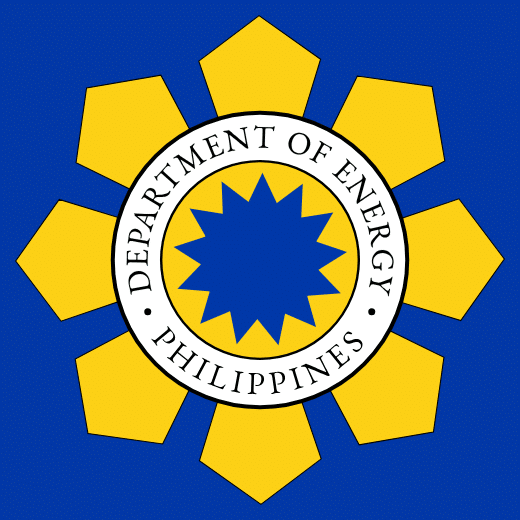The Philippines’ Department of Energy (DOE) has released a comprehensive circular on the promotion of the exploration, development, and use of hydrogen fuel. This is in line with the government’s policy of diversifying energy sources and encouraging the use of sustainable energy.
The Need for Renewable Energy
As the need for clean energy rises on the international scene, the Philippines is working to decrease its use of fossil fuels. Hydrogen, with its high energy density and environmentally friendly combustion, offers a promising solution. Thus, the DOE seeks to tackle the environmental problems as well as energy security challenges through the advocacy of hydrogen fuel. This circular is presented as a preventive measure to tap into the potential of hydrogen and incorporate it into the energy system of the country.
Key Provisions of the Circular
- Regulatory Framework: The circular provides a detailed legal structure that governs the search and use of hydrogen fuel. This framework defines the policies, procedures, and practices that are relevant to the stakeholders of hydrogen projects.
- Incentives for Investors: In order to lure investments in hydrogen technology, the DOE has provided the following incentives. This may include tax incentives, grants, and assistance in research and innovation. The goal is to provide incentives for both domestic and foreign investment.
- Collaboration and Innovation: The circular promotes the partnership between the government, private sector, and academic institutions. Through partnerships, the DOE seeks to encourage the development of new technologies and innovations in hydrogen fuel production and use.
Impact on the Energy Sector
The effect of this circular is expected to significantly influence the Philippine energy sector. Hydrogen fuel can help in reducing greenhouse gas emissions which is beneficial for the country in meeting climate targets. Further, it may contribute to energy security by diversifying the energy sources and decreasing the dependence on imported oil and gas.
Challenges and Opportunities
Hydrogen fuel has numerous advantages, but there are several issues that need to be considered. These are the high cost of hydrogen production, the need for a new infrastructure, and the creation of the workforce. Nevertheless, the chances of economic development, employment, and the conservation of the environment justify the search for hydrogen fuel.
Conclusion
The circular on hydrogen fuel by DOE is a progressive measure that is in line with the international practices on the use of green energy. The Philippines is on track to become a pioneer in renewable energy by providing guidelines and incentives to the industry. As the country further invests in hydrogen fuel, it can now anticipate a cleaner and more secure energy future.
Source: DOE crafts circular on exploration, development and utilization of hydrogen fuel

